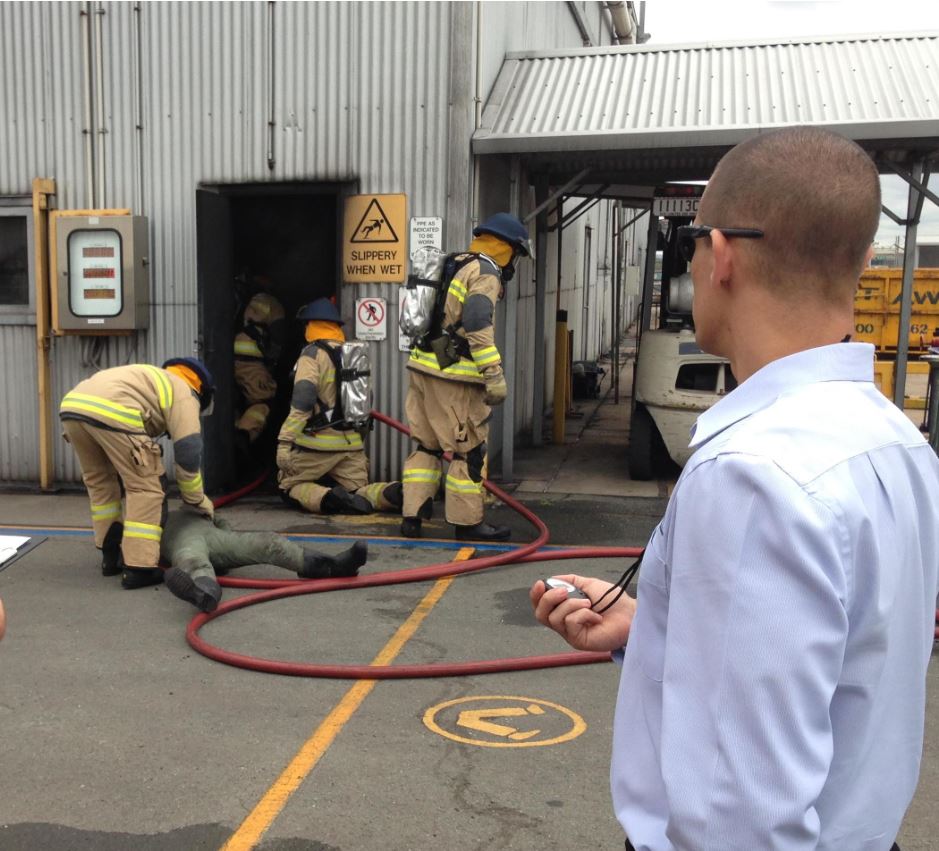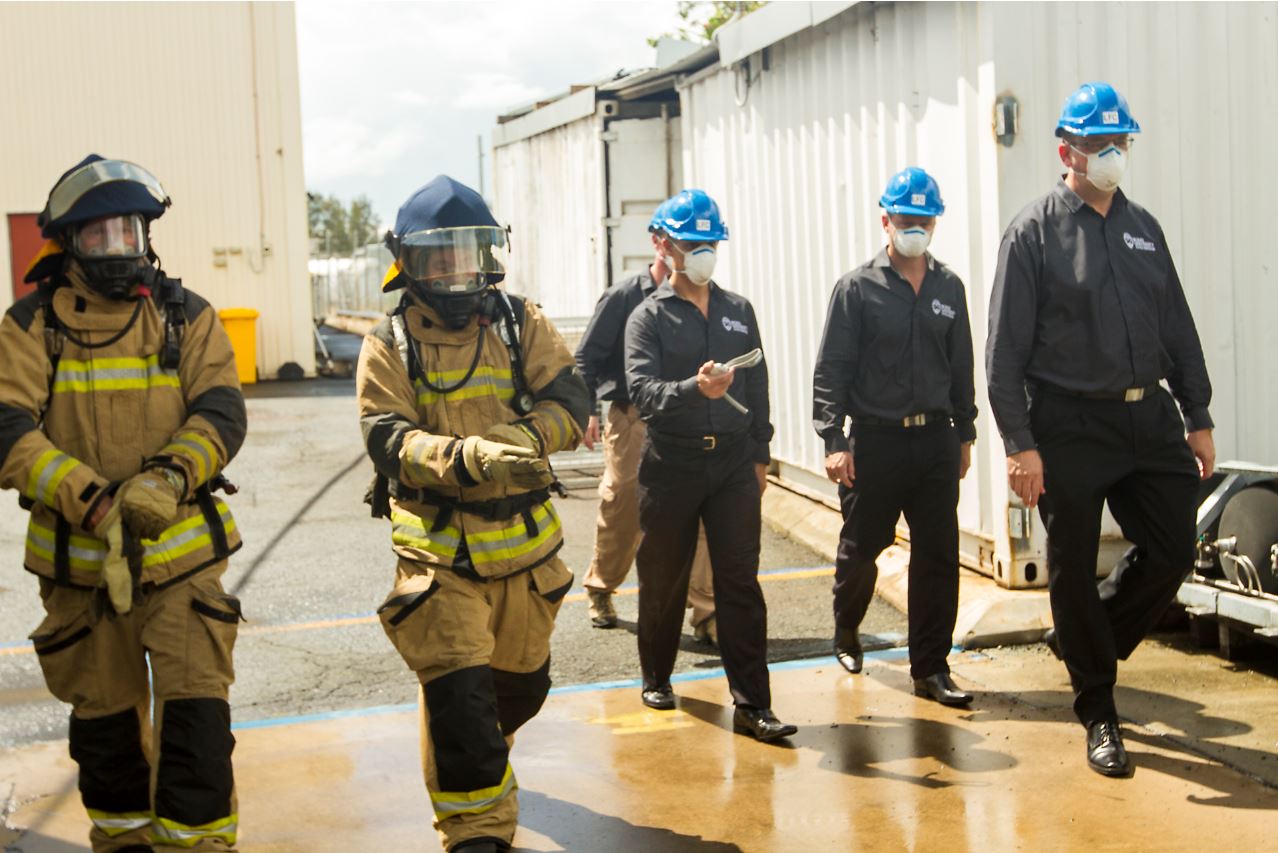THORZT speaks with the lead author of an Australian study on hydration and heat stress among firefighters.
When the Woolsey wildfires decimated about 40,000 hectares of land across California last November, causing the evacuation of nearly 300,000 people, local communities rallied to support fire crews working around the clock.
 So much so that the Los Angeles Fire Department put out a Facebook post asking people to stop sending in physical donations of food, water, blankets and other supplies.
So much so that the Los Angeles Fire Department put out a Facebook post asking people to stop sending in physical donations of food, water, blankets and other supplies.
The department, however, took the opportunity to direct the community to where donations were needed – its fundraising initiative for vitally important hydration backpacks that help firefighters stay hydrated while undertaking lengthy shifts in remote locations.
Rapid fluid loss
Hydration is key to firefighter safety. Research by Bond University has found that firefighters can lose an average of 1.2 kilograms in 30 minutes when exposed to firefighting conditions.
That’s the equivalent to losing 1.2 litres in sweat, an amount researchers say is higher than a person doing high-intensity exercise.
Broken down, the results showed that firefighters lost an average of 0.73kgs inside the fire conditions and another 0.47kgs within 15 minutes of being outside the fire.
The findings were part of ongoing research by Bond University’s Tactical Research Unit, which has the aim of improving the health, performance and well-being of front-line workers.
Structural firefighting poses more challenges than bushfires in terms of fluid loss, says Associate Professor of Physiotherapy Dr Robin Orr, who led the research alongside Professor Rod Pope.
In structural firefighting, the combination of PPE and arduous task requirements causes rapid fluid loss and a significant rise in core temperature.
“Due to PPE restrictions, they also have little opportunity to replenish their fluids while suppressing a fire and must wait to do so until they have a break and can remove their headgear,” Dr Orr said, speaking with THORZT.
“In wildfire suppression tasks, our reviews have indicated that firefighters often have a greater opportunity to ingest fluids regularly and this can help them avoid dehydration.
 “This means that extra care must be taken to ensure the safety of structural firefighters, particularly, by giving them regular opportunities to take a break, remove as much of their PPE as they can to assist body cooling, use additional methods of cooling, such as positioning in shade and using fans, and replace lost fluids.”
“This means that extra care must be taken to ensure the safety of structural firefighters, particularly, by giving them regular opportunities to take a break, remove as much of their PPE as they can to assist body cooling, use additional methods of cooling, such as positioning in shade and using fans, and replace lost fluids.”
The research also found that some firefighters arrived at the scene already in a state of dehydration. Dr Orr says researchers suspect the cause of this could be the high consumption of caffeinated drinks such as coffee and energy drinks in attempts to maintain energy levels and beat fatigue and the demands of shift work.
“It’s obviously really important firefighters start their work well hydrated to give them the maximum buffer of fluid levels possible, to help them manage loss of fluids while fighting fires,” Dr Orr says.
“Those who begin the work dehydrated will be at greater risk of heat illness than those who begin well hydrated.”
Photographs of firefighters supplied by Bond University.